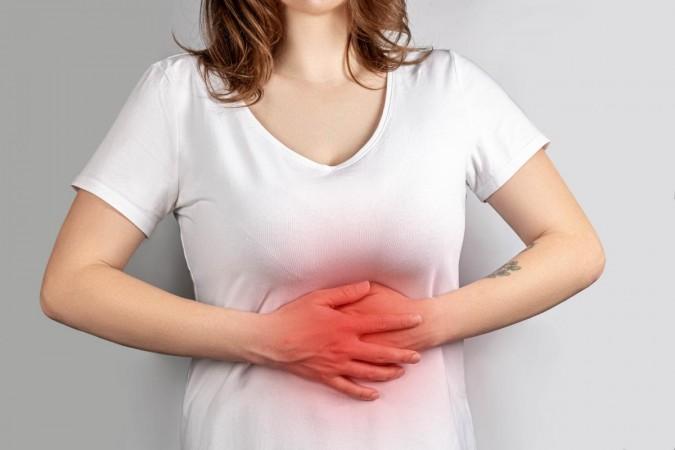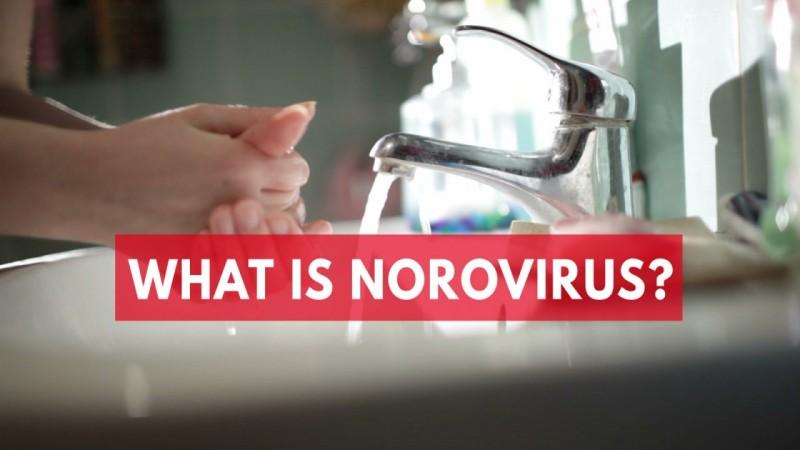Kerala is already battling the deadly COVID-19 wave and the southern state is reporting around 7,000 cases everyday. But there's another threat waiting for the people of the Kerala, so much so that the health department has issued a warning to be vigilant. Kerala has reported 13 cases of Norovirus, also known as "winter vomiting bug," prompting the state government to issue preventive guidelines.
What is Norovirus?
Norovirus is an animal-borne disease transmitted through contaminated water and food. It is a highly contagious stomach bug that causes a range of symptoms like nausea, vomiting and diarrhea. It causes gastrointestinal illness, inflammation of the lining of the stomach and intestines.

Who is at risk?
While healthy adults are not at immediate risk of Norovirus, it can be serious in young children, elderly and people with comorbidities.
How does it spread?
Norovirus is easily spread through close contact with people who have been infected by it. Like COVID, norovirus can spread by touching contaminated surfaces. Additionally, eating food that is prepared or handled by someone who has the vomiting bug can also infect you. Since vomiting is a primary symptom of the bug, the virus can spread through the excrement and vomit of the infected person.

How to stay safe?
The Kerala health ministry has taken note of the new norovirus cases in Wayanad and issued guidelines on how to stay safe.
"Currently there is no cause for concern but everyone should be vigilant. Activities including super chlorination are underway. Drinking water sources need to be ensured to be hygienic," Health Minister Veena George said.
Those who are already infected must ensure proper rest at home, drinking lots of liquids, boiled water and ORS mainly, and stay hydrated.
As a part of preventive measures, people should wash hands thoroughly with soap and water before eating and after using the toilet. If you interact with animals, pay special attention to personal hygiene.

Drinking water sources, wells and storage tanks must be chlorinated with bleaching powder and chlorinated water must be used for domestic use. People should drink only boiled water.
Fruits and vegetables bought from markets or plucked from gardens should be washed thoroughly before consuming. Sea food items like fish, shellfish, crab and mussels must be well cooked and all kinds of stale and exposed foods must be avoided.
"With proper prevention and treatment, the disease can be cured quickly. Therefore, everyone should be aware of the disease and its means of prevention," Health Minister Veena George said.
















